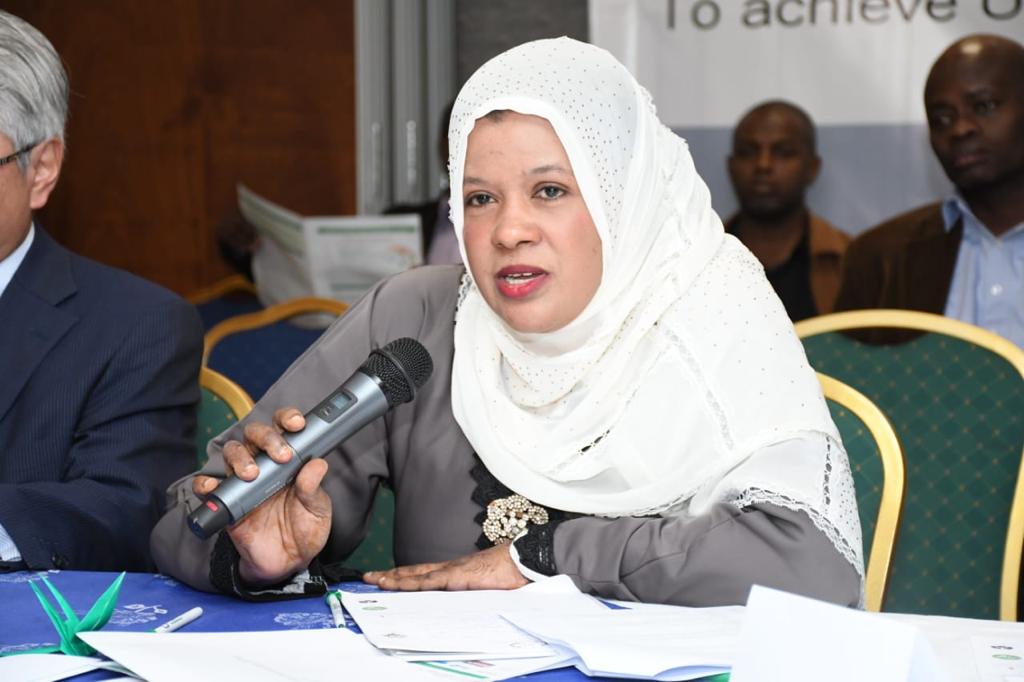Asma Awadh: The UNSW Medicine alumna leading the COVID-19 fight in Kenya
Asma studied a dual Master’s in International Public Health and Health Management (MIPH/MHM) at UNSW Medicine. Now she has returned home to Kenya, where she is leading the fight against COVID-19.



